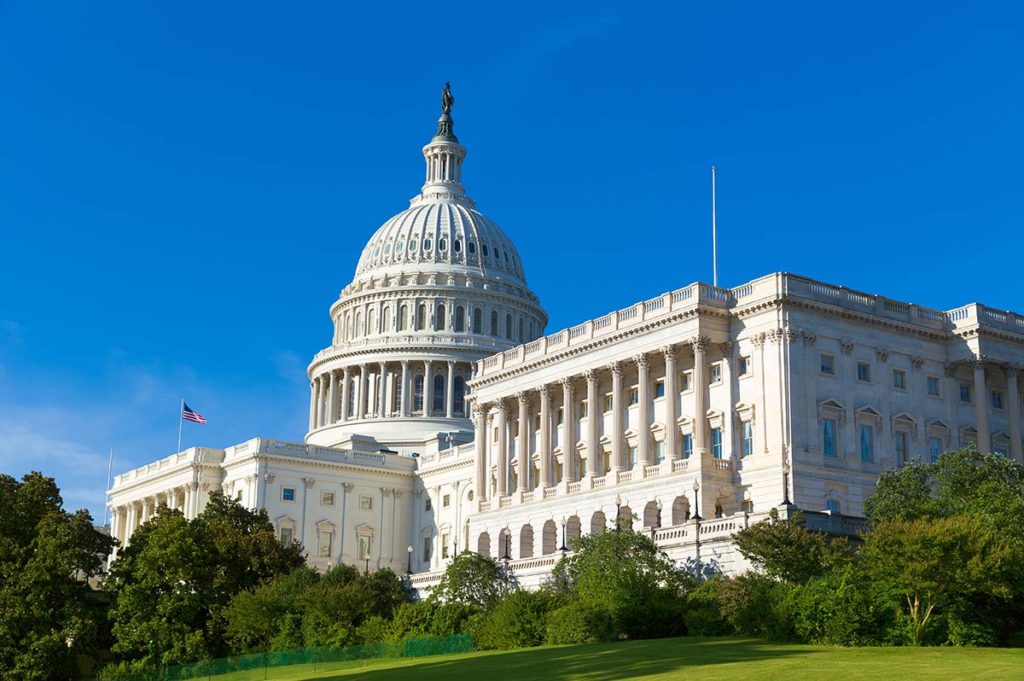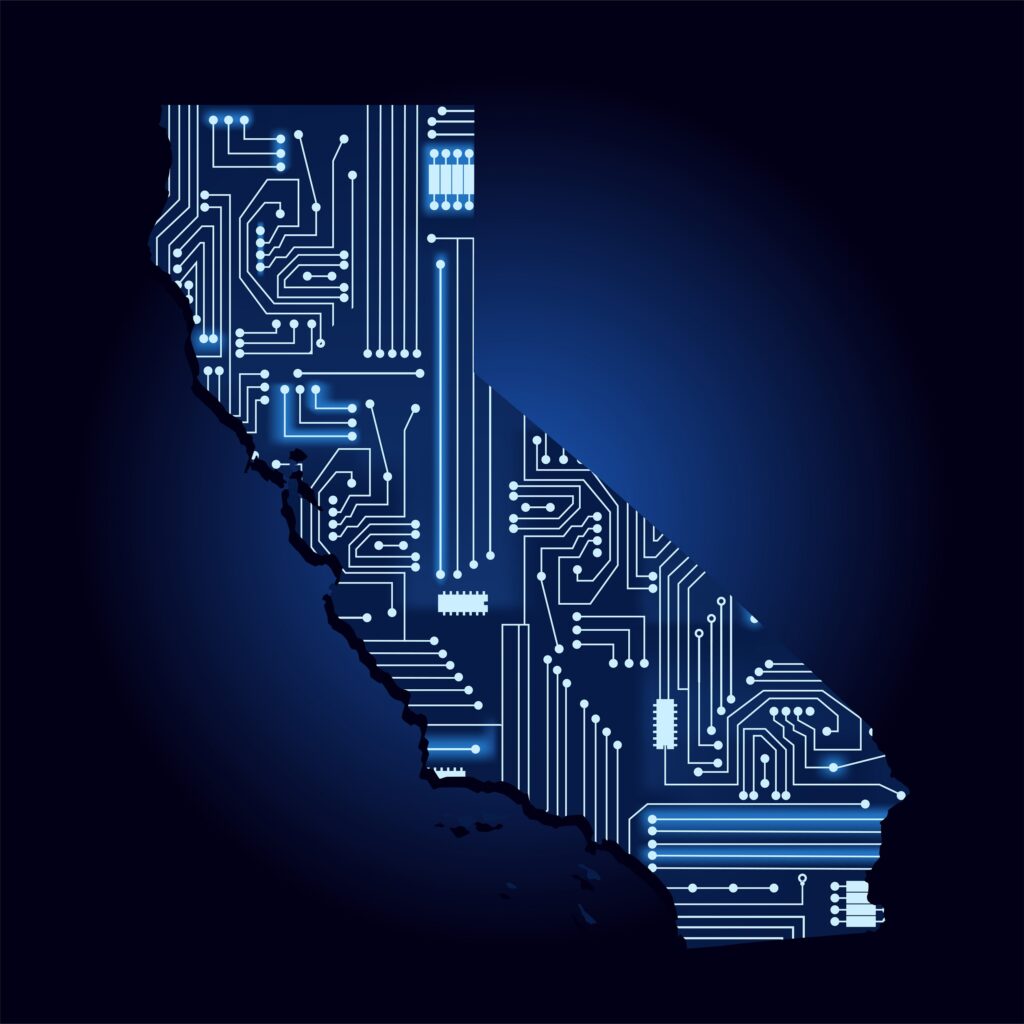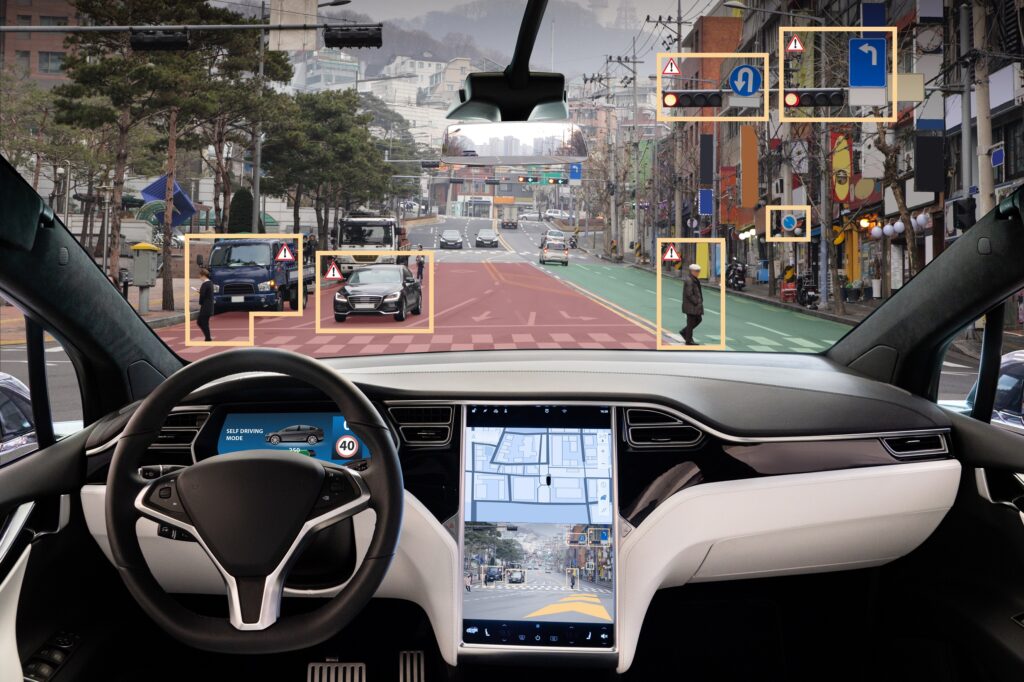Public Safety, Jobs Depend on Statewide Rideshare Regulatory Framework
Fostering job growth and improving public safety are key elements in just about any political stump speech, and with elections quickly approaching, Louisianans will get their fill of these topics. While debate on such issues is important, the Pelican State desperately needs less talk and more action.
As it stands, Louisiana has the country’s seventh-highest rate of impaired driving and one of the nation’s highest poverty rates — at nearly 20 percent. There is no silver bullet that would fully eradicate DUIs and poverty, but lawmakers can take small, smart steps toward alleviating the intensity of these problems. They can start by creating a permissive statewide regulatory framework for rideshare applications like Lyft and Uber. Earlier this year, Rep. Tanner Magee, R-Houma, filed a bill to do just that.
Right now, Louisiana is one of only five states without a statewide regulatory regime governing ridesharing, which is stymying the industry, harming public safety and hampering job growth. Without a uniform regulatory system, rideshare companies must either struggle to navigate a patchwork of varying city and county regulations or avoid locales with burdensome ordinances altogether. This reality has greatly limited access to ridesharing in Louisiana. Indeed, because of the current regulatory environments, Lyft and Uber combined only operate in seven Louisiana cities. Rather than maintaining the status quo, lawmakers should encourage ridesharing to expand throughout Louisiana.
Research suggests that when ridesharing companies enter a new market, it drastically limits intoxicated driving. In fact, a dramatic reduction in DUIs in Miami, Florida, and across Georgia coincided with rideshare apps’ entrance into those markets — and it’s easy to see why. Lyft and Uber are convenient, cheap and provide a superior customer experience, which invites bar-goers to forego getting behind the wheel while intoxicated. Reducing drunken driving is a critical need in Louisiana too. After all, in 2017 alone, alcohol-impaired driving claimed 212 lives in the state.
While saving lives is ridesharing apps’ most important application, they also satisfy another need: They create quality jobs. Of course, not all Lyft or Uber drivers work 40 hours a week; many are part-time drivers who are supplementing their income. Since both companies offer great flexibility, drivers can choose what part-time hours they wish to work. Considering that the state has a pervasive poverty problem and a well-above average unemployment rate (at nearly 5 percent), Louisianans need more job options like these.
Ridesharing promises to deliver much-needed benefits to Louisiana, but these aren’t limited to public safety and job creation. Lyft and Uber can help in myriad other ways, including being a reliable form of transportation for the elderly, the disabled, or those who simply cannot afford a personal vehicle.
The sad truth is that Louisiana hasn’t been able to fully reap the rideshare industry’s many benefits because customers cannot use these apps in most parts of the state. Fortunately, that may soon change. Rep. Magee’s bill would create a statewide regulatory network, allowing Lyft and Uber drivers to work in all corners of the state. HB 575 has gained considerable traction, too: It passed the Louisiana House of Representatives unanimously and now awaits action in the Senate.
For years, politicians have campaigned on promises of public safety and jobs. With HB 575 hanging in the balance, time will tell if legislators are serious or if they are just all talk.









